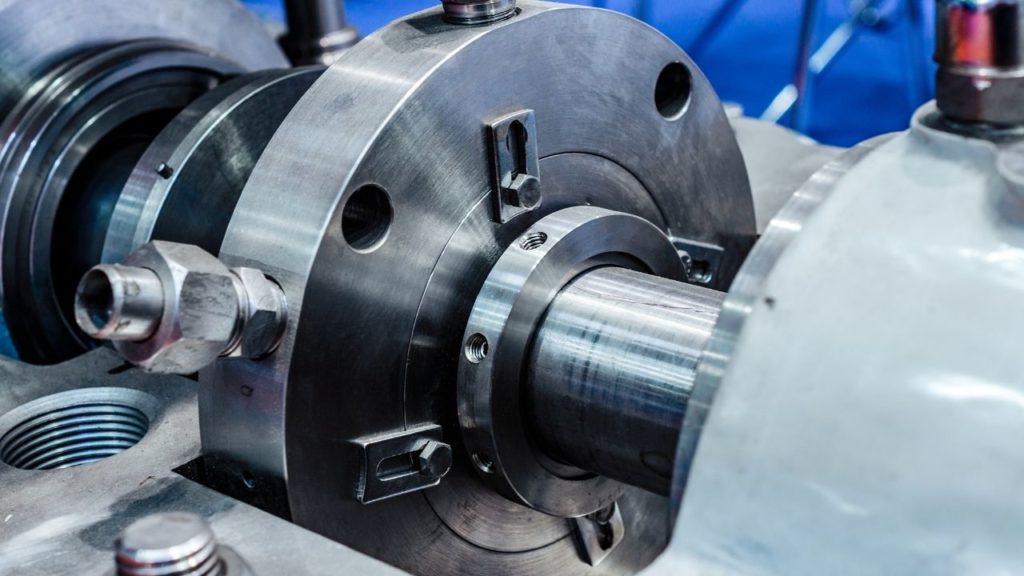
Industries That Rely on Mechanical Seals
Across the many industrial sectors that employ centrifugal pumping systems, gland packing, in which a tightly wound rope prevents fluid leakage, is often the sealing material of choice. Simple, affordable, and easy to install, countless operators are content to rely on packing to maximize the performance of their pumps. But right now, we’re going to talk about the instances where packing isn’t enough.
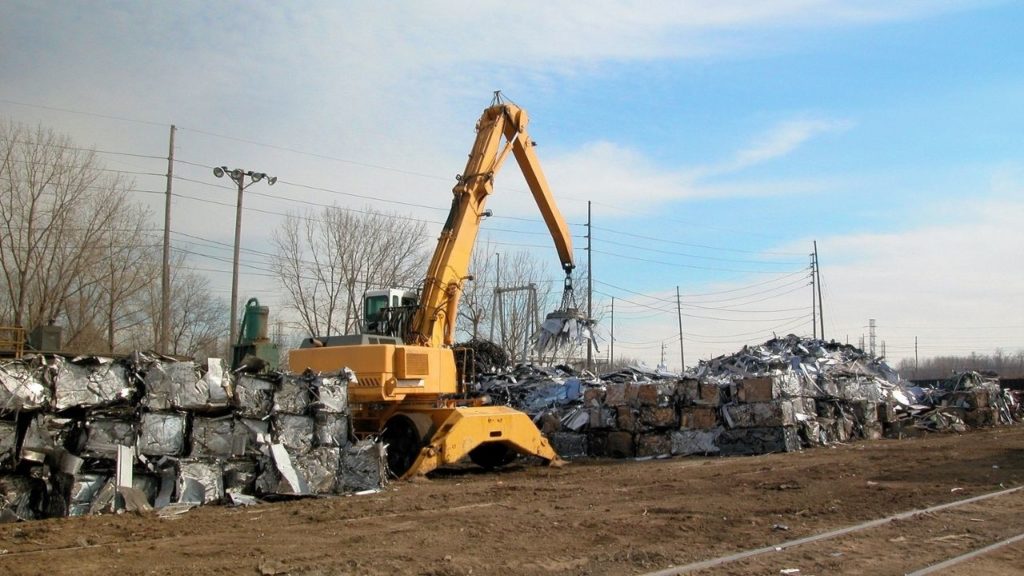
How to Prepare Your Scrap Magnet for Extended Uses
If you’re a baseball fan, you’re probably familiar with your favorite team’s meticulous management of its pitching staff. Pitchers’ arms are delicate and valuable resources. When a relief pitcher doesn’t just get the call from the bullpen but gets the tap on the shoulder to make the starting rotation, he can’t go from relief appearances to scheduled starts immediately. He needs some “stretching out” to go from pitching an inning or so here and there to going the distance every week.
Your scrap yard magnets are the same way. When a magnet in your arsenal gets a promotion to a more extensive usage pattern than it’s used to, it needs a little stretching out, too. You’d hate for your magnet to go down with the heavy machinery equivalent of a torn rotator cuff. With that in mind, here’s how to prepare your scrap magnet for extended use. The ump is signaling to wrap up the mound visit—let’s get started.
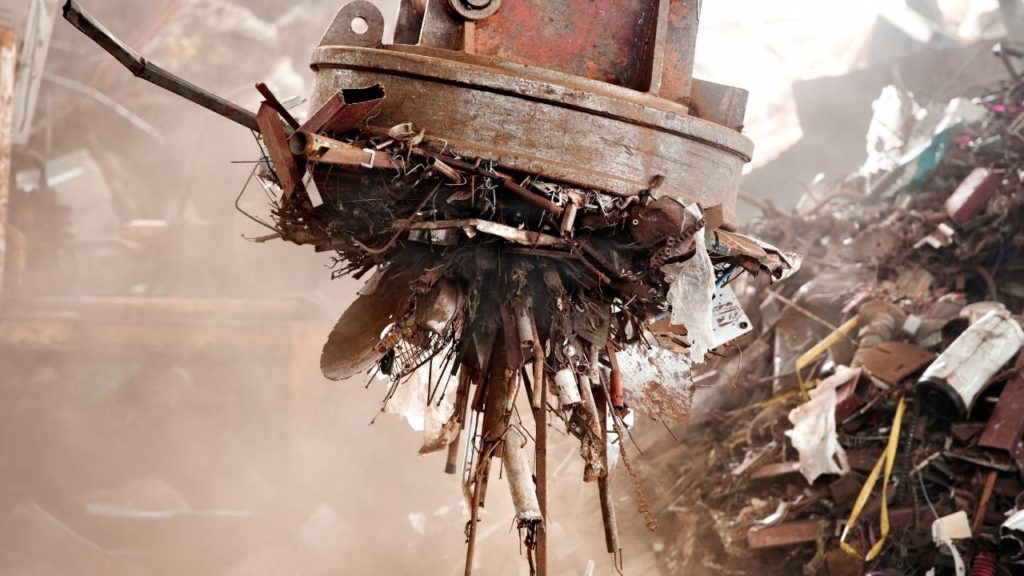
How To Maintain Your Industrial Scrap Handling Magnets
When it comes to lifting magnets, the toughest of the tough are cut out for a specific task—that of industrial scrap handling. An industrial scrap handling magnet boasts durable construction that stands up to the bumps and bruises of dealing with scrap. It features a wide surface area of at least 30 inches to lift large pieces with ease. The lifting capacity of the excavator scrap magnet is strong enough to pull the heaviest scrap in the yard.
Many people believe that such heavy hitters are indestructible machines. That’s not the case. Even industrial scrap handling magnets have their vulnerabilities, and proper care is just as important here as it is for any equipment. To get the most from your magnets, Moley Magnetics has compiled some tips for how to maintain your industrial scrap handling magnets when they’re not in use. To be sure, the march of time will wear down any industrial magnet, but you can slow down that march considerably with these tips for responsible ownership.
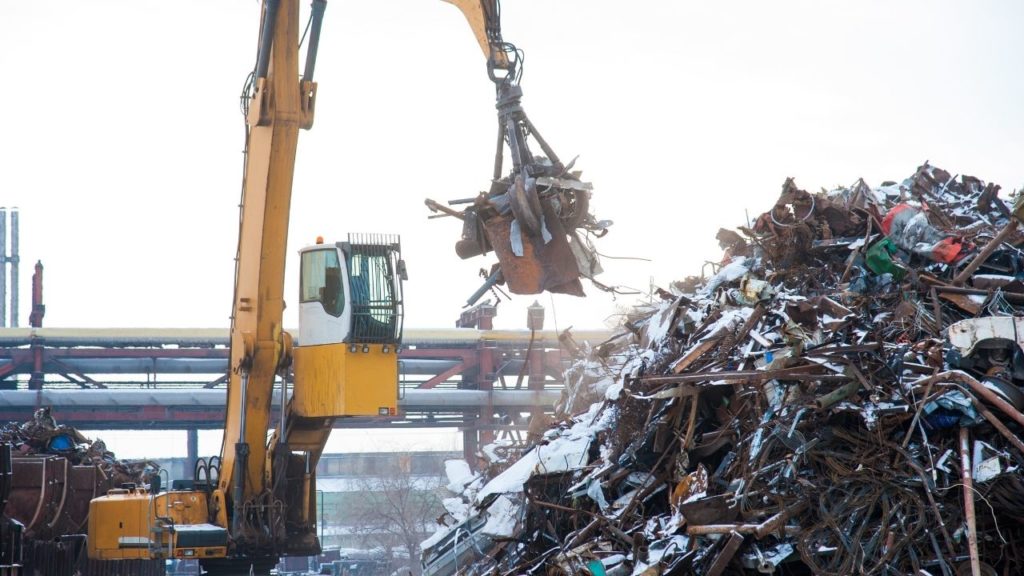
What Is Considered Scrap in Industrial Handling Practices?
To the layperson, the term “scrap metal” conjures up visions of some oddly shaped hunk of steel. Of course, in the industry, we know that “scrap metal” is a much more all-encompassing term, consisting not only of steel, but of non-ferrous metals in all shapes and sizes. To get a clearer concept of what is considered scrap in industrial handling practices, read ahead.
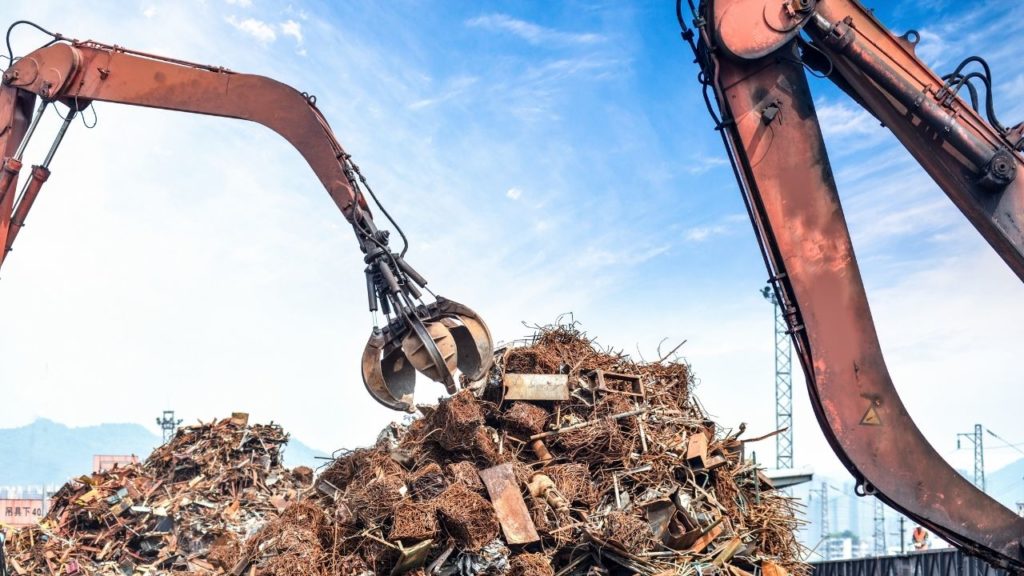
Types of Industrial Grapple Attachments and Their Uses
You remember getting your first Swiss Army knife as a kid. In your pocket, you suddenly had seven or eight tools at your disposal, all in one handy unit. Clearly, doing real and tangible work even with that little knife played a part in setting you on the path you’re on today, working in the construction and demolition industries.
The excavator, in its way, is sort of like a really big Swiss Army knife. Thanks to the dizzying number of attachments that it can take on, this amazing machine can complete a multitude of necessary tasks on the job site by changing attachments as necessary. Yes, the excavator can still excavate with the best of them, but by swapping out the usual bucket for one of many grapples, an excavator can go from digging to lifting with ease—though perhaps not as easy as toggling that little multi-tool. Today, we’ll take a closer look at the different types of industrial grapple attachments and their uses on traditional excavators.
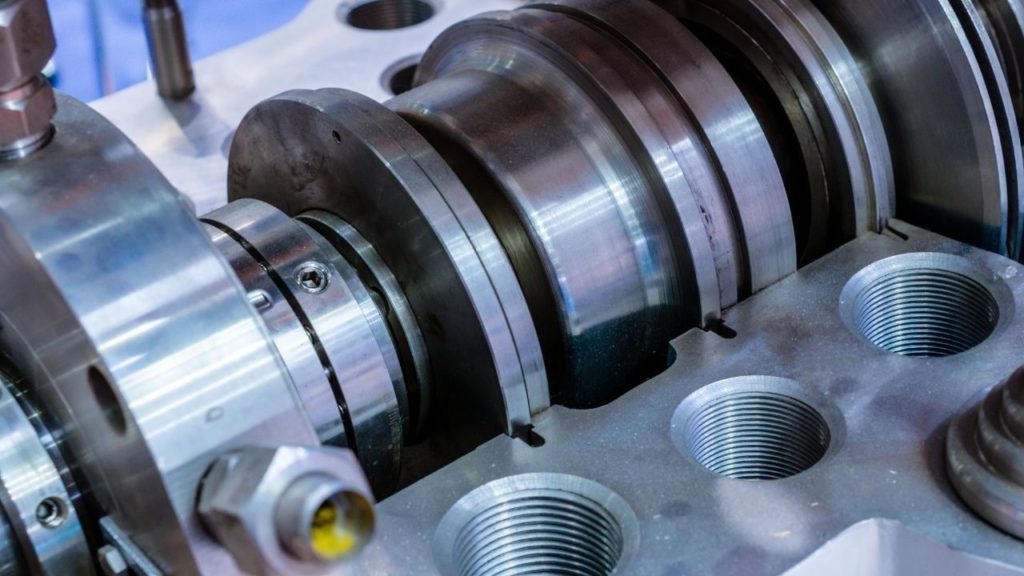
The Differences Between Single and Double Mechanical Seals
Pumps work hard to distribute fluid throughout elaborate systems. As a failsafe against leakage, pumps include one of two parts: packings or mechanical seals. While packing is a simple and inexpensive way to prevent fluids from leaking through their pumps, the packing material requires near-constant maintenance. Operators must keep packing lubricated, properly aligned, and sufficiently cool in order to keep a pump working smoothly. For this reason, more and more mechanical engineers are turning to mechanical seals to contain fluids that circulate through pumps.
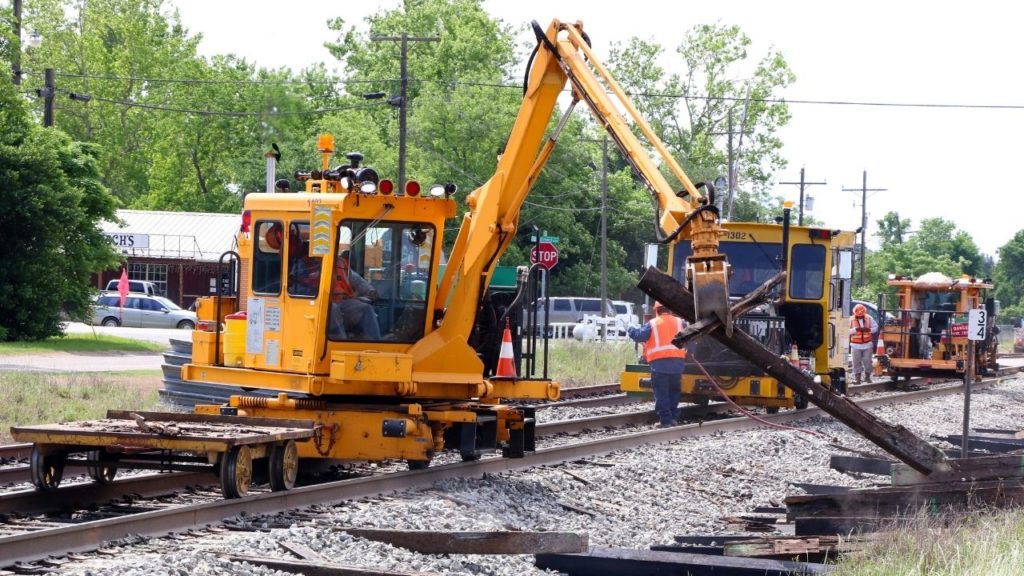
How to Safely Use Railroad Repair Equipment
Though it may not get the respect it deserves, America’s cross-continental rail network is one of our most important sections of infrastructure, transporting goods reliably, sustainably, and affordably across our nation. Everything from the cars we drive to the food we eat arrives at destinations by way of the railroad, but not without slowly taking a toll on the rails themselves. The sheer tonnage of our freight means that even well-built trackage begins to show signs of wear and tear from bearing the weight of the iron horse day after day.
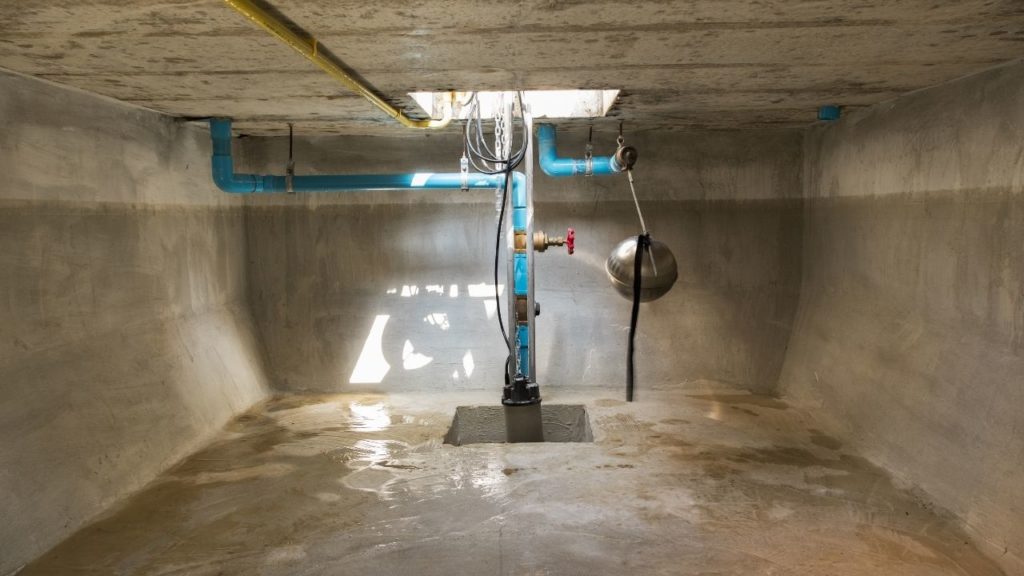
How Updating Your Municipal Pump Systems Could Help Save You Money
Most of us simply turn a faucet and enjoy clean water for drinking, washing, bathing, and cooking—and we often take this for granted. But there’s a lot to think about when it comes to municipal water systems. Many civilians never see all the complex pumping stations underground. Whether they get their water from rivers, reservoirs, groundwater, or the Great Lakes, Americans rely on wide-ranging water infrastructure operating out of sight.
If you’re a decision-maker for your city, town, or village, you should learn how updating your municipal pump systems could save money—and maybe even make things more affordable for fellow citizens. (more…)
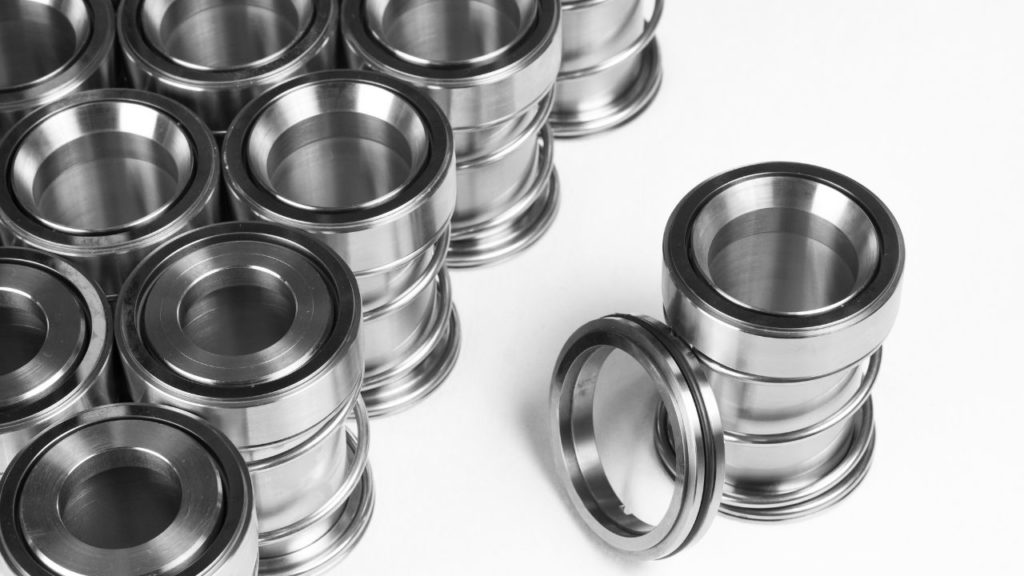
How Mechanical Seals Help Control Industrial Operations
It’s hard to imagine successful industrial processes without centrifugal pumps. By applying rotational force to a contained fluid, a centrifugal pump gives low-viscosity fluid some high traffic. Fluids as varied as water, solvents, coolants, acids, low-viscosity oils, and wastewater slurries all travel from Point A to Point B by way of a centrifugal pump.
Perusing this list of fluids, with its flammable oils, caustic acids, expensive coolants, and toxic waste products should give you pause. What if a pump should fail and open a system in the wrong place? The rupture of a failed pump could be much more than an incident for your cleanup crew—it could turn into a catastrophe.
Pumps have many parts, but when it comes to keeping pumps running safely, there’s one in particular that deserves special attention. When fluids need to stay in their systems for purposes of safety and efficacy, it’s the firm grips of mechanical seals that keep everything in place. This indispensable part of the centrifugal pump can be the difference between smooth operations and outright disaster. We’ll take a closer look at how mechanical seals help control industrial operations—particularly some challenging ones—and what you can do to make sure your own operations aren’t in danger of failing.
What Is a Mechanical Seal?
A mechanical seal is a device that connects to the rotating shaft of a pump—most often a centrifugal pump. Like any type of sealing, from the adhesive you lick on your envelopes to industrial-scale processes, a mechanical seal has two jobs: to keep what’s in the system in and keep what’s outside the system out. Within a pump, a mechanical seal keeps the fluid from leaking around the impeller shaft and into the rest of the pumping mechanism. In the other direction, a mechanical seal is equally useful for keeping outside contaminants out of the fluid. Oils, sediments, and other adulterants can compromise the integrity of the fluid, which could render it useless under exacting standards for quality control.
The Different Types of Mechanical Seals
We’ll cut your imagination short before it gets out of hand—none of the types of mechanical seals we’ll be looking at are robotic Arctic pinnipeds. Nonetheless, the variations among mechanical seals in pumps are notable enough to warrant a closer look. Mechanical seals can be balanced, in which both the diameter and the shoulder of the seal receive equal pressure, or unbalanced, in which force is not evenly distributed between diameter and shoulder. Unbalanced seals are a more cost-effective choice but also more prone to failure, making them an inopportune choice for costly and flammable hydrocarbon applications such as natural gas or petroleum derivatives. Balanced seals provide less heat generation, a longer lifespan, and higher stability against disruptive vibrations.
Another distinction between mechanical seals lies in whether they employ springs to keep seals tightly locked into place. Seals that do incorporate springs, better known as pusher seals, are best suited for high-pressure applications such as pressurized gases. Non-pusher seals, which lack springs, rely instead on a metal or elastomer bellows, which expands and contracts to ensure sufficient force upon the seal. These bellows-based seals are the ideal choice for high-temperature fluids, as well as low-viscosity slurries or abrasives.
These categorizations compose two axes—both balanced and unbalanced seals can come with or without springs. This effectively separates most mechanical seals into four major groups. Having gained a better understanding of the different types of mechanical seals and where they best come into play, here are some common applications of mechanically sealed pumps and how they keep challenging industrial processes fully operational.
Mechanical Seals in Mining
When laypeople imagine the mining industry, they’re likely to picture spelunkers with flashlights on their hard hats, digging away in caves to harvest valuable ores. Today’s mining industry is a highly sophisticated operation involving slurries to transfer materials through piping. Owing to the value of the minerals that travel through those slurries, an unsealed pump is costly on two fronts—not only do the abrasive materials damage the inner workings of the pump, but leakage also represents a loss of valuable resources.
Mechanical Seals in Petrochemical Industries
The keyword in petroleum is “flammability.” The pumps that operate in oil refineries and other petrochemical concerns deal with high heat and flammable fluids. As petroleum products work their way through pumps, it’s necessary to prevent leakage at all costs, which is not only expensive but a distinct fire hazard. Balanced seals most often keep pumps working their best as they handle these hydrocarbons.
Mechanical Seals in Cooling Technology
Working with hydrocarbons isn’t the only place where you’ll experience high heat. The motors and heavy machinery throughout the industrial sector generate a great deal of excess heat, which can be dangerous to sustained operations. In response, centrifugal coolant pumps reduce the risk of overheating by transferring that excess energy away from operations, keeping the temperature of sensitive technology within acceptable parameters. Circulating a coolant fluid throughout a system is necessary to safely redistribute that heat energy, and a centrifugal pump that’s leaking fluid cannot get the job done as expected. Balanced and bellows-based seals, which have the highest heat tolerance of any variation of mechanical seal, are ideal for such operations that are all about keeping the temperature down.
What Happens When a Seal Fails?
Understanding how mechanical seals help control industrial operations means that replacing a failing or failed mechanical seal promptly and effectively is imperative. Just as we do with electromagnets, Moley Magnetics has what you need. Moley Magnetics has partnered with John Crane, the industry leader in mechanical seals for industrial pumps, to provide a full complement of their products for varied industrial processes. If you’re handling tough jobs involving petroleum products or hazardous chemicals, John Crane mechanical seals for pumps are up to the task, ensuring smooth and safe operations. Even hobbyists and home-repair enthusiasts who are up to something in the basement, garage, or tool shed can benefit from John Crane seals to keep their project going.
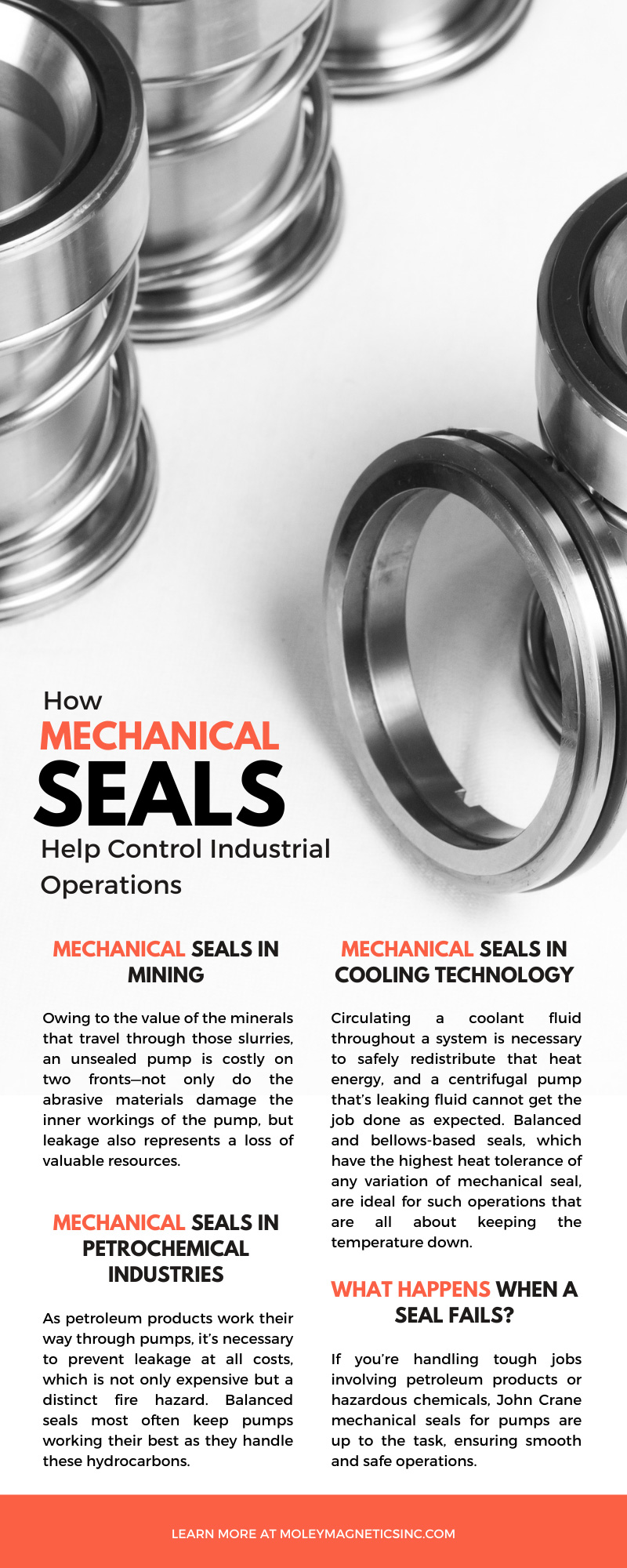
When To Repair and When To Replace Your Industrial Electric Motor
It’s an all-too-familiar scenario: your facility is humming along, when suddenly, some ominous sounds or untimely shutdowns herald a problem that’s going to take more than a moment of your time. You find that one of your electric motors has failed. Industrial machinery works hard, and just as human bodies often gave out under the burdens of hard labor, the machines we’ve designed to assist and replace us can fail as well. Even high-quality electric motors are prone to breakdown. Magnets can lose their charges, brushes can wear down, and other moving parts can simply stop moving as well as they need to. Whatever the reason, the upshot is the same—a critical piece of machinery is not able to do its job, and that means lost time, lost revenue, and high stress. (more…)

